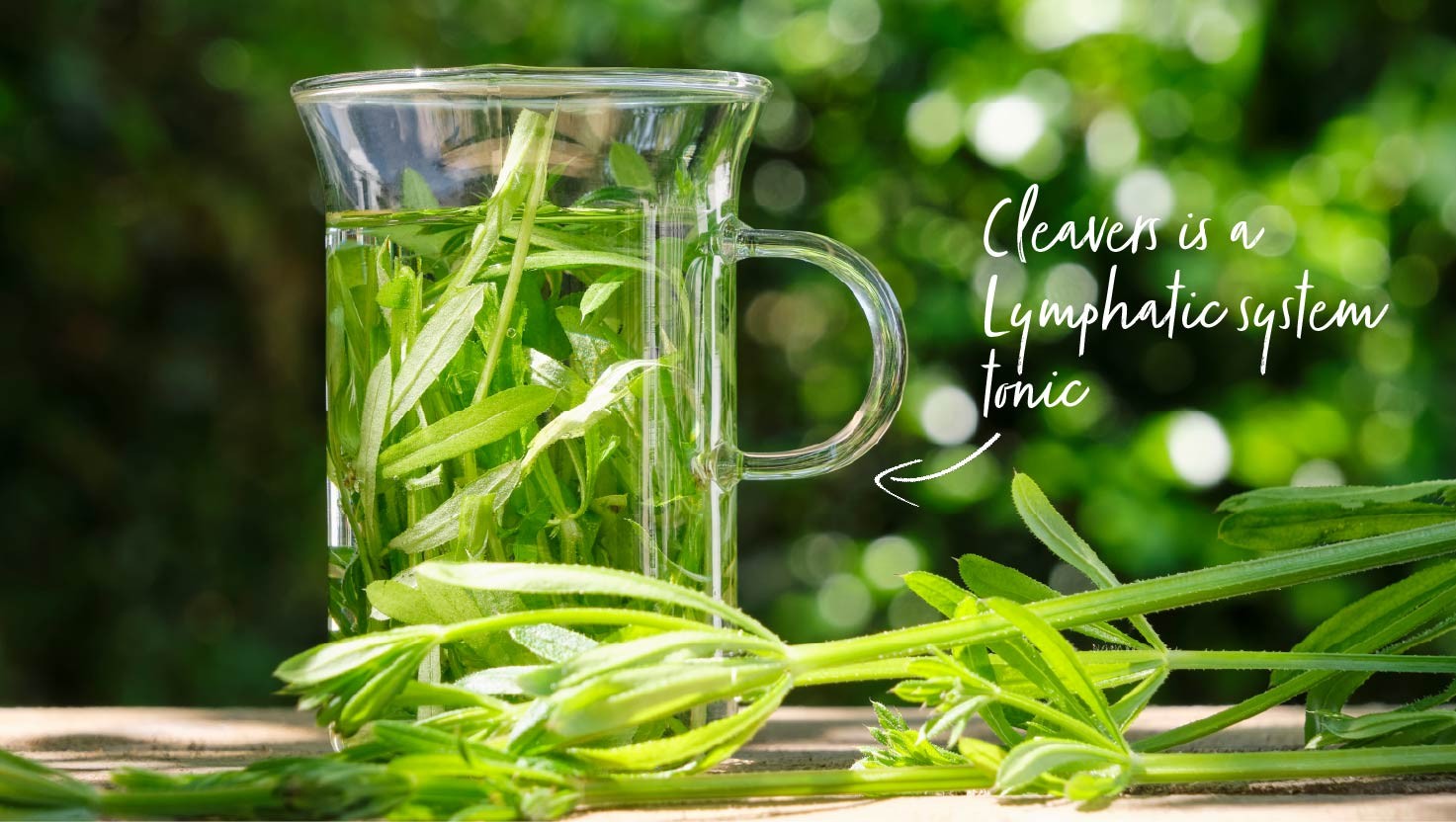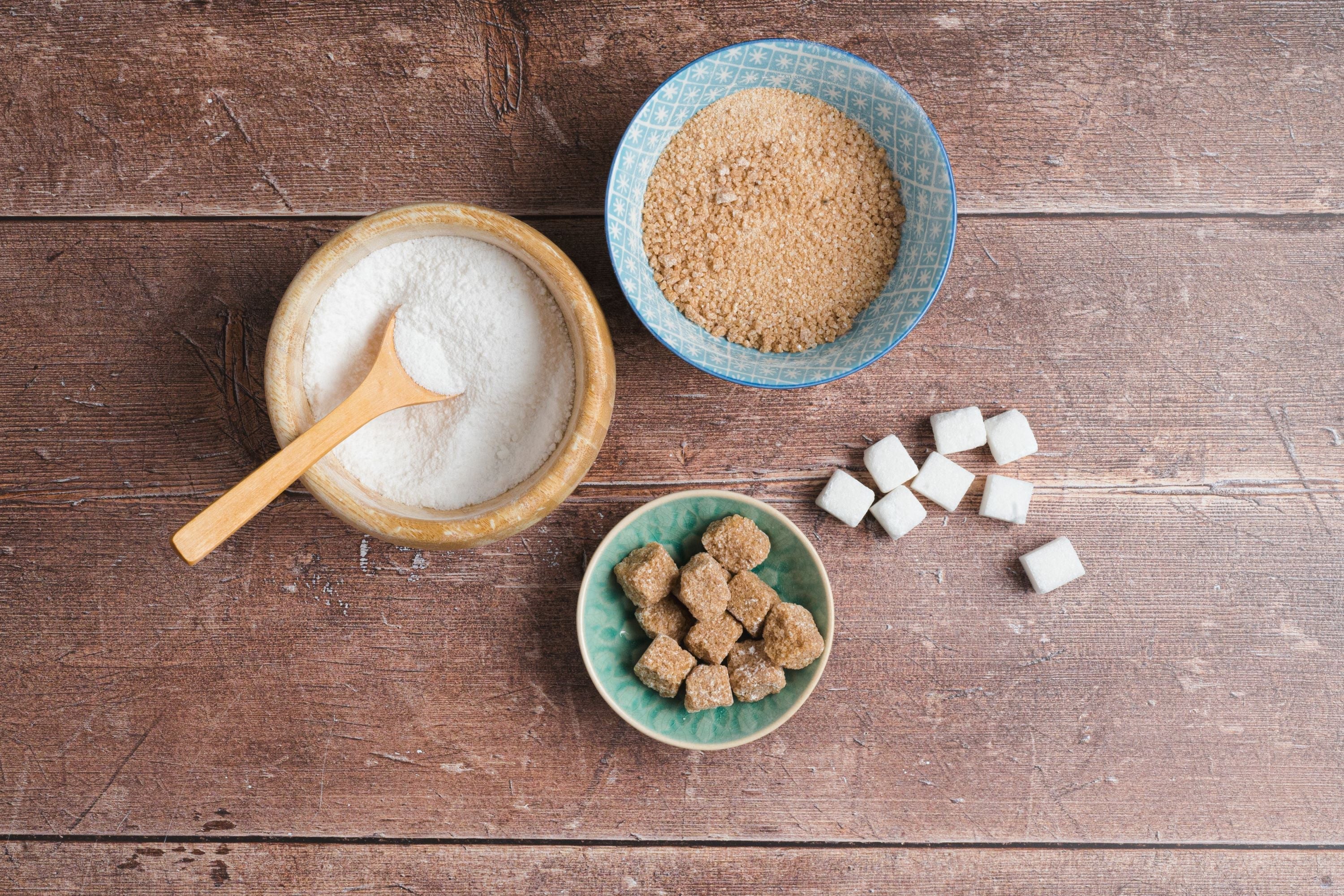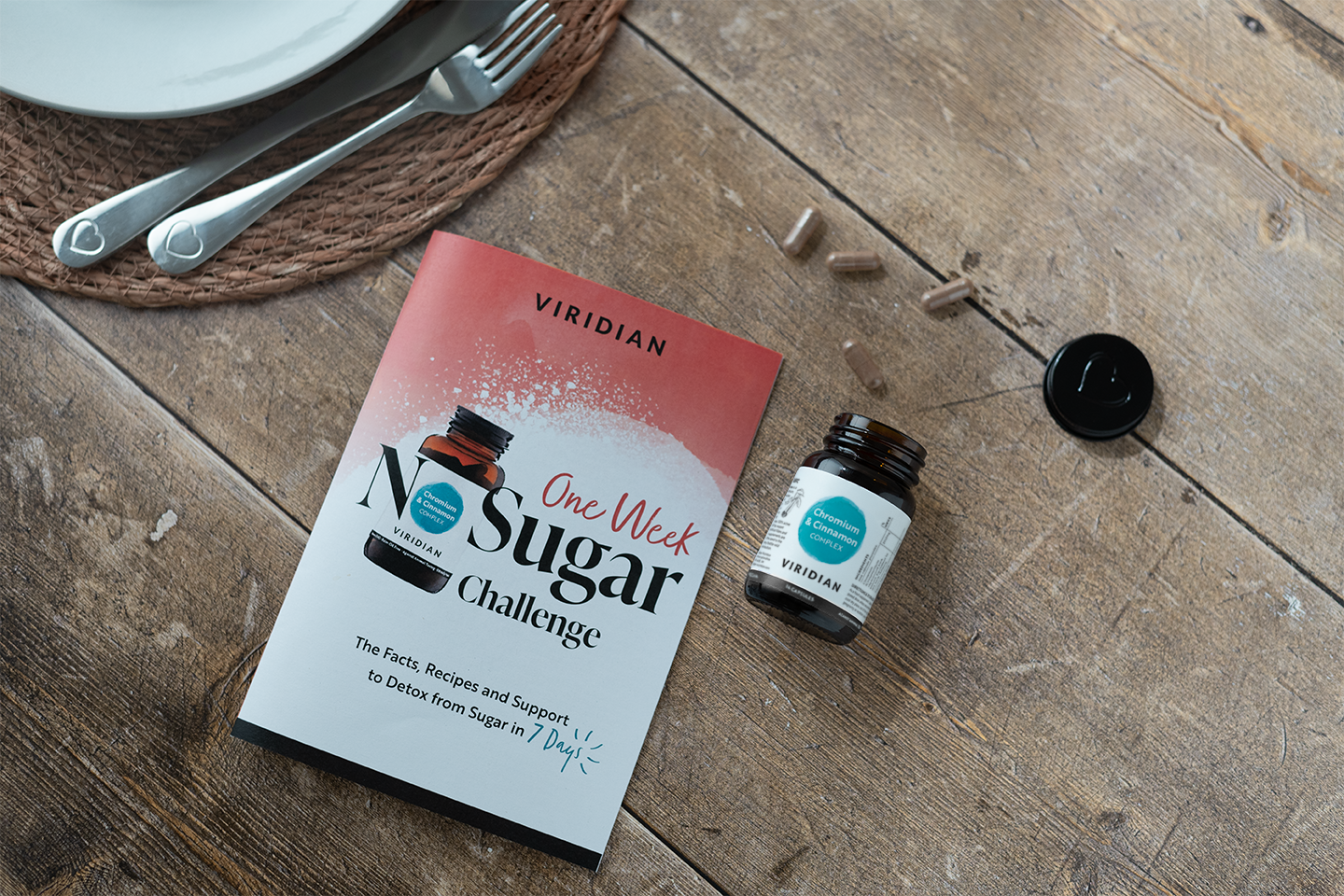
Common names: Black seed (Nigella sativa), also known under many other names including black cumin seed, Black caraway, Roman coriander, fennel flower, has been used for more than 3,000 years in health and beauty routines.
A surprising history: Evidence supports that it was used and buried with the ancient pharaoh Tutankhamun. There have also been many historical references to these seeds which have been praised in historical texts. The bible describes it as ‘curative black cumin’ and the Prophet Muhammed said it’s a ‘cure for all diseases except death’.
Growing & harvesting: Black seed is an annual flowering plant native to Asia and the Middle East and has a peppery, pungent flavour with a rich aroma. When in flower it displays elegant, light blue, sometimes white flowers. The plant grows about 16-24 inches in height. The seeds are harvested from the plant from late summer to autumn and to produce oil, they are then cold pressed in a slow process to ensure that all the beneficial components are all still in it. For thousands of years black seed has been grown in Egypt however it is now widely grown in Asian countries from China to India and in the Middle East.
Health giving benefits: Black seed has shown to have anti-allergenic activity which is thought to come from its primary active component; thymoquinone (TQ). Both the organic, cold-pressed seed or ground seed can be used. Studies have reported a reduction in allergic and inflammatory markers in response to black seed supplementation. It contains anti-inflammatory and antihistamine properties that support the treatment of allergic symptoms, which makes it a great herbal supplement to take during hay fever season. TQ can also be beneficial in helping to treat symptoms associated with asthma, hypertension bronchitis, headache, eczema and flu. It appears to increase GABA and has been reported for its anxiety reducing properties.
It has lots of other active constituents as well to add to its health-giving benefits including p-cymene, a-pinene, and THQ. It also contains fixed oils and volatile oils, which are rich sources of quinones, unsaturated fatty acids, amino acids, proteins and contain traces of alkaloids and terpenoids.
One study showed that black seed oil supplementation for one month significantly reduced symptoms such as sneezing, itching and nasal congestion. The administration of black seed 40-80mg/kg/day reduced severity of target symptoms in 152 allergy sufferers, as shown in a study by Kalus et al. These results showed black seed oil to be an effective treatment for hay fever.
Taking Black Seed: Black seed is extremely versatile and can be found in supplements in several forms. For example, it can be encapsulated as a powder or used as a pure oil which can be ingested or applied topically.
Our Top Tip: When looking to take black seed for its health benefits, check the TQ level, as higher percentages provide the most health-giving benefits. Higher potency black seed supplements will be around 20% TQ while lower ones be around 2-4%. If opting for an oil, it’s important to choose one that has been cold pressed as this ensures all the therapeutic properties remain. Look for black seed that comes in an amber light blocking bottle which helps to reduce rancidity and protects the active ingredients inside.
At Viridian, our supplements contain 100% active ingredients and no junk such as binders or fillers which aids the manufacturing process as opposed to benefiting an individual’s health. Our formulations are developed by expert nutritionists using human clinical studies and are ethically made. We use sustainably sourced ingredients and work with growers who share the same ethical philosophy. Viridian supplements are non-animal tested, GMO and palm-oil free.
For more information about supplements and diet and lifestyle advice, visit your local health store at www.findahealthstore.com
Author: Eleanor Faulkner, BSc, is a Nutrition Advisor at Viridian Nutrition. She holds a BSc honours degree in Food Technology with Nutrition.
References
Kalus U, Pruss A, Bystron J, Jurecka M, Smekalova A, Lichius JJ, Kiesewetter H. 2003. Effect of Nigella sativa (black seed) on subjective feeling in patients with allergic diseases. Phytother Res.17(10):1209-14.
Gali-Muhtasib, H., El-Najjar, N., Schneider-Stock, R. 2006. The medicinal potential of black seed (Nigella sativa) and its components, Lead molecules from natural products, 2, pp133-153. https://doi.org/10.1016/S1572-557X(05)02008-8
The information contained in this article is not intended to treat, diagnose or replace the advice of a health practitioner. Please consult a qualified health practitioner if you have a pre-existing health condition or are currently taking medication. Food supplements should not be used as a substitute for a varied and balanced diet.







